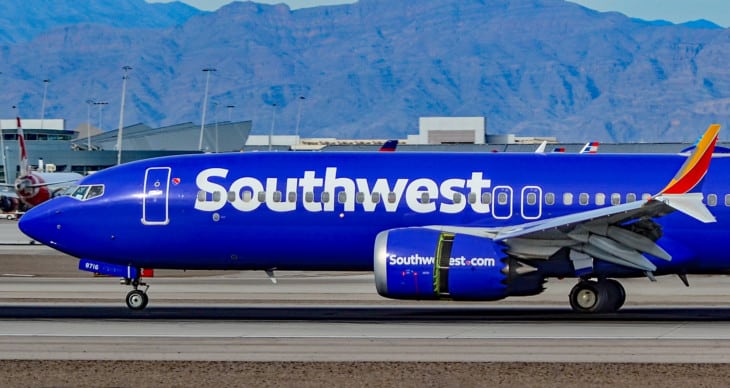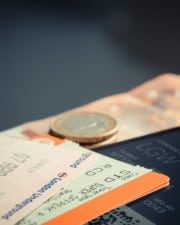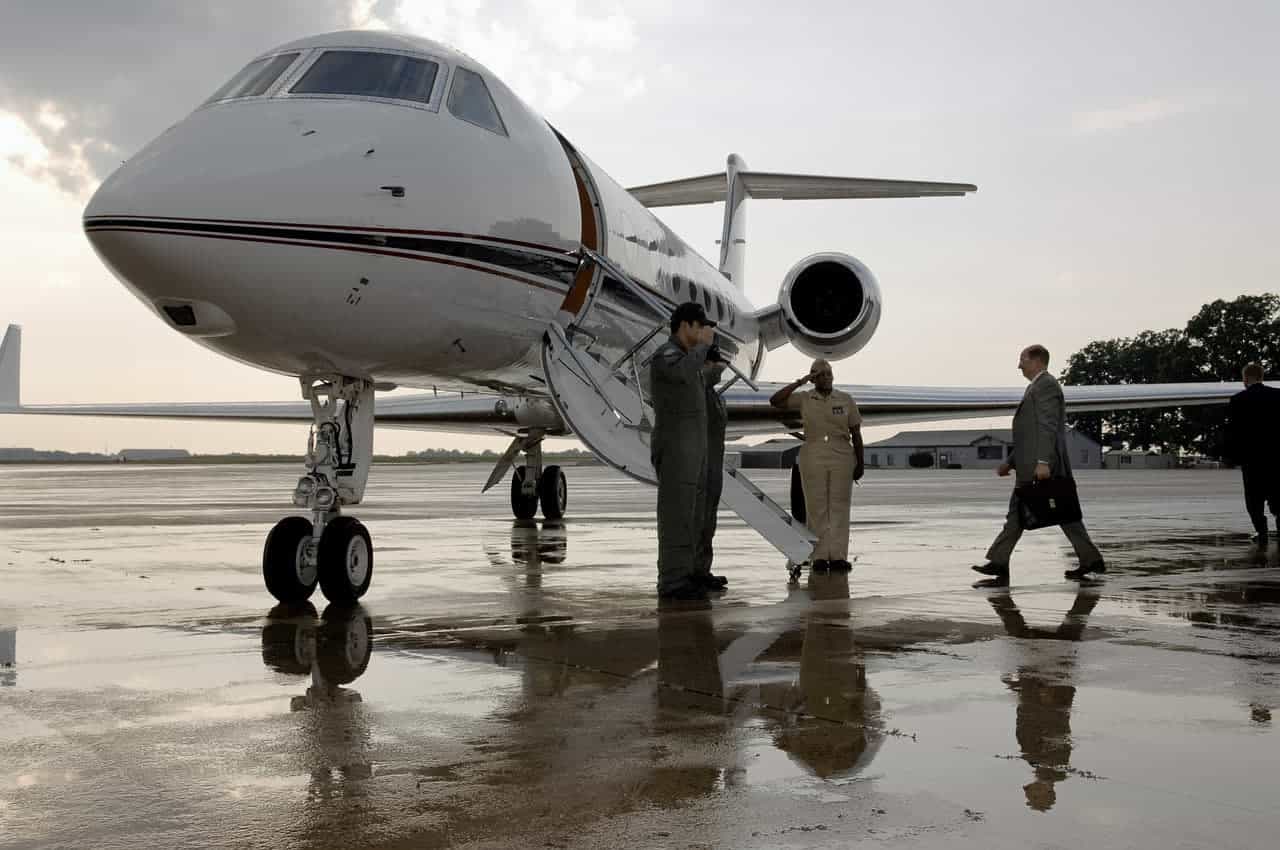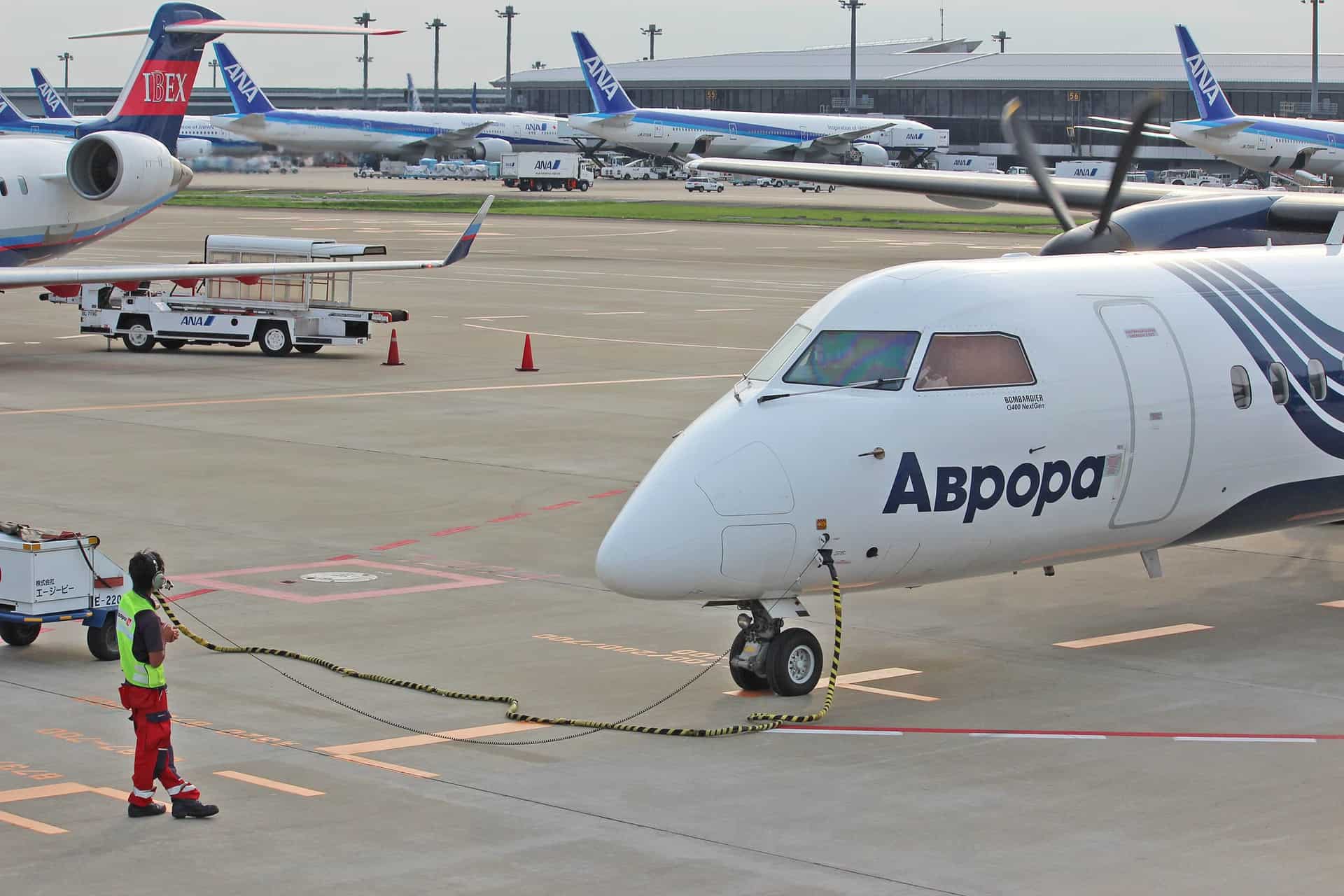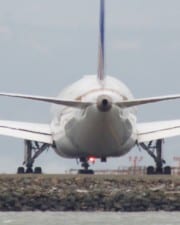A great perk of working for an airline is that employees may get companion passes. Companion (or buddy) passes are free or discounted airline tickets for use by an employee’s family members or friends. Unfortunately, some employees convert this company perk into cash by selling their companion passes illegally.
Airlines do not allow their employees to sell companion passes. Therefore, an airline employee who sells their companion passes does so illegally and may be fired. Additionally, one risk of flying with an illegally bought ticket could mean the passenger may not board because the pass is invalid.
Table of Contents
- Are Airline Employees Allowed To Sell Companion Passes?
- What Are The Conditions Of Companion Passes?
- What Happens To Employees Who Sell Their Companion Passes?
- What Are The Risks Of Buying Companion Passes?
- Can People Buy A Companion Pass By Mistake?
- How Should One Report Someone Selling Companion Passes?
Are Airline Employees Allowed To Sell Companion Passes?
Airlines prohibit their employees from selling their passes for many reasons. A primary reason is that employees are not meant to profit financially from companion passes. Additionally, people traveling with these passes represent the airline and may bring them into disrepute depending on their behavior.
Companion passes are a benefit that forms part of an employee’s taxable income. Selling or bartering these passes is prohibited as it creates a loophole for employees claiming tax rebates for traveling costs. It is also unlikely the sale of these passes will be disclosed as it is illegal.
The prohibited sale of companion passes reduces practical and security complications for airlines. Airlines do allow an employee to change the names of their family and friends that are registered, companions. However, these changes are limited to a few per year, and other restrictions may apply, depending on the airline.
What Are The Conditions Of Companion Passes?
Each airline has a different policy on companion passes. Depending on the airline, they may be rewarded under certain circumstances and only to some employees. However, all airlines prohibit their employees from selling their companion passes.
Passengers with companion passes are referred to as “non-revenue passengers”, meaning airfare is not charged. However, these passengers (or the employee) are still responsible for airport taxes and fees that come with air travel. This means the air travel isn’t free, just a bit cheaper than the usual fares.
Since companion passes do not bring in revenue for an airline, the bearers of these passes must be on standby as they wait for a seat. As a result, passengers with companion passes may not get the flights they hope for and may end up waiting much longer than expected.
Another condition of traveling with a companion pass involves proper behavior because the passes represent the respective airlines. Passengers with companion passes who bring an airline into disrepute can potentially lose their passes. Additionally, the employee associated with the companion pass may face disciplinary action or lose their job.
Another aspect of carrying a companion pass is that the passenger needs to wear appropriate clothing. Again, this is because the bearer of the pass represents the airline. Therefore, passengers might be required to wear smart-casual or semi-formal clothes while embarking on a flight.
Companion passes may only be used for leisure travel and not business purposes. They are a perk to reward employees with discounted air travel for their family and friends. Using companion passes for personal business travel is not permitted as it conflicts with company interests.
What Happens To Employees Who Sell Their Companion Passes?
Employees who sell companion passes risk losing their companion pass privileges. They could even lose their job depending on the severity of their offense. In addition, should there be legal action due to their illegal trade, the employees could also get a criminal record.
United fired more than thirty-five employees who solicited their companion passes through an illegal brokering scheme because their actions amounted to theft and fraud. In some instances, the non-compliant passes were sold for $4000 per person per year.
Depending on the offense, the unscrupulous employees might face legal action from their ex-employers or those who bought the tickets. In addition, these employees may face jail time for fraud and have a criminal record if found guilty.
Unfortunately, the trade of these illegal companion passes is still widespread on the black market since people will always seek a way to beat the system. Ultimately, it will affect the airlines, and they might become stricter about who qualifies for the perks.
What Are The Risks Of Buying Companion Passes?
There are a few risks that accompany a companion pass. The worst threat is a possible arrest because selling or buying companion passes is illegal. It can be compared to paying someone to use their company car when they don’t use it.
Another risk mentioned earlier is that a passenger with a companion pass is not guaranteed a seat on a flight due to the lower priority of the ticket. Paying passengers bring in the airline’s revenue which pays the bills, so they get preference for seats on flights.
Next, companion passes may be charged at exorbitant prices. Given the likelihood of delays from full or canceled flights, paying so much for a pass that offers no guarantees is not wise. Additionally, if the pass is recognized as an illegal ticket, it will be void with no refund.
Lastly, suppose a flight is delayed. In that case, an airline will pay for a paying passenger’s accommodation while they wait for the next available flight. This luxury is not afforded to holders of companion passes, so the “cheap” buddy pass idea might be more expensive than an original ticket.
For example, if a passenger with a companion pass is stuck in another country indefinitely, they would have to pay for an expensive one-way ticket home, plus accommodation until the flight departs. For this reason, airlines will sometimes discourage the use of companion passes during peak seasons.
Can People Buy A Companion Pass By Mistake?
Sometimes companion or buddy passes are advertised on sites like eBay or Craigslist. They might be advertised under another title or offer which piques the interest of an uninformed person. Often these adverts are a trap, and many people fall for the scam.
Unfortunately, even people who have purchased these passes innocently are unlikely to be reimbursed for their loss if found out.
How Should One Report Someone Selling Companion Passes?
If a person has fallen prey to a companion pass scam, it would be best for them to contact the airline directly via email, telephonically, or on one of their social media platforms. Airlines take this offense very seriously because it damages their revenue and reputation.
Reporting a scammer might seem silly after losing money that cannot be refunded. However, it will help to weed out unscrupulous employees and protect other airline staff and potential victims.
The victim or person who suspects a scam should capture or record all communication with the employee or scammer for evidence. This evidence can be supplied to the airline once they request it. Screenshots of conversations or saved emails are good evidence for this cause.
References ▾
- https://www.tripsavvy.com/do-airline-employees-fly-free-2356338
- https://www.tripadvisor.co.uk/ShowTopic-g1-i10702-k10619411-Buddy_Passes_and_How_they_work-Air_Travel.html
- https://www.thestreet.com/investing/southwest-airlines-companion-pass
- https://www.reddit.com/r/americanairlines/comments/do46o4/buddy_pass_scam/
- https://thegate.boardingarea.com/warning-why-you-should-never-purchase-buddy-passes/
Related Posts
